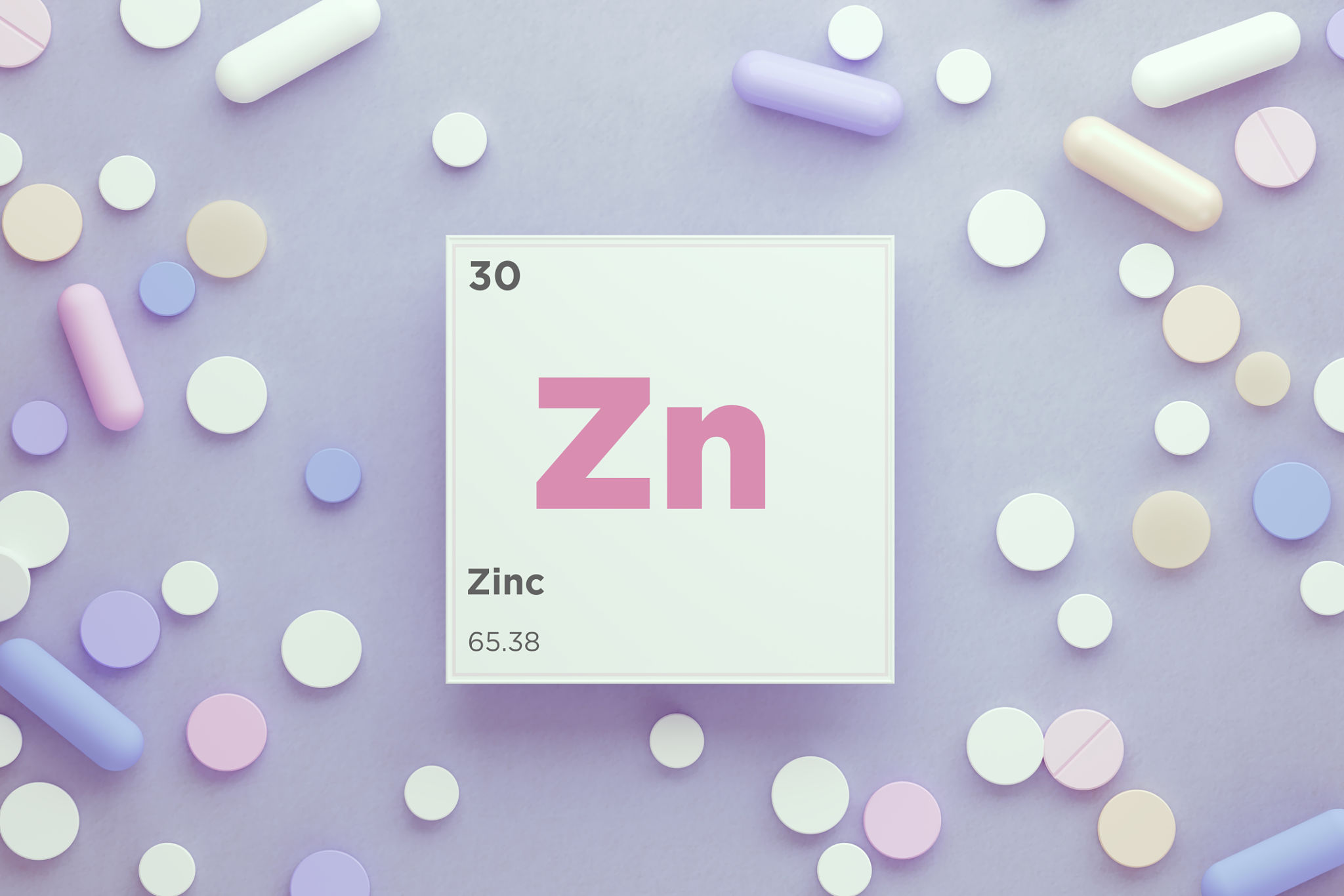Understanding the Importance of Zinc Changes: An Expert’s Perspective
Introduction to Zinc
Zinc is a crucial mineral that plays a vital role in numerous bodily functions. From supporting the immune system to aiding in DNA synthesis, zinc is indispensable for maintaining health. Understanding the importance of zinc and how changes in its levels can affect your body is essential for overall well-being.

The Biological Role of Zinc
Zinc is involved in over 300 enzymatic reactions in the body, making it a cornerstone of biological processes. It supports cellular metabolism, protein synthesis, and wound healing. Additionally, zinc is critical for the proper functioning of the immune system, helping to fight off infections and reduce inflammation.
An adequate intake of zinc is necessary for growth and development, especially in children and during pregnancy. It also contributes significantly to maintaining a healthy skin barrier and promoting brain health.
Sources of Zinc
Ensuring that you get enough zinc through your diet is crucial. Some excellent sources include:
- Red meat and poultry
- Seafood, particularly oysters
- Beans and nuts
- Dairy products
- Whole grains

Recognizing Zinc Deficiency
Zinc deficiency can occur due to inadequate dietary intake or certain health conditions that affect absorption. Symptoms of deficiency might include weakened immunity, hair loss, diarrhea, and delayed wound healing. In severe cases, it can lead to more serious health complications.
Individuals at risk, such as vegetarians, pregnant women, and those with gastrointestinal disorders, should monitor their zinc levels closely. It's important to consult with a healthcare provider if you suspect a deficiency.
Zinc Supplementation
For those unable to meet their zinc needs through diet alone, supplementation might be necessary. However, it's important to approach supplementation with caution. Excessive zinc intake can interfere with the absorption of other essential minerals like copper and iron.

The Impact of Zinc on Health Conditions
Zinc plays a significant role in managing various health conditions. For instance, it is known to reduce the duration and severity of the common cold when taken at the onset of symptoms. Additionally, zinc has been studied for its potential benefits in conditions like age-related macular degeneration and prostate health.
Research continues to explore the broader implications of zinc in chronic diseases and its role in enhancing quality of life for patients with specific health challenges.
Conclusion: Monitoring Zinc Levels
Understanding zinc changes and their importance is key to maintaining optimal health. Regularly monitoring dietary intake and consulting with healthcare professionals can help ensure that your zinc levels remain balanced. By doing so, you can support your body's vital functions and promote long-term well-being.